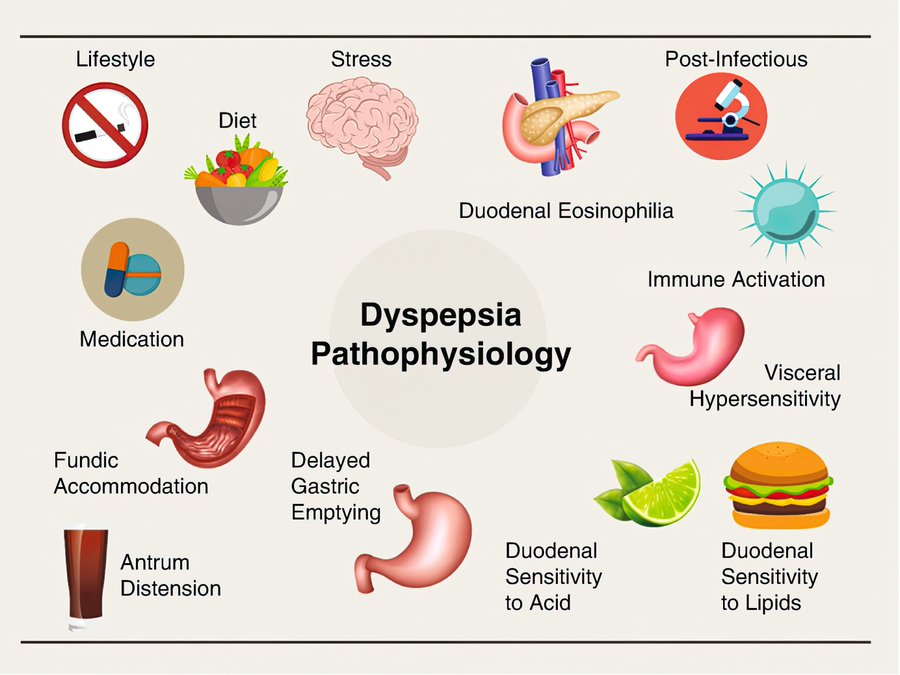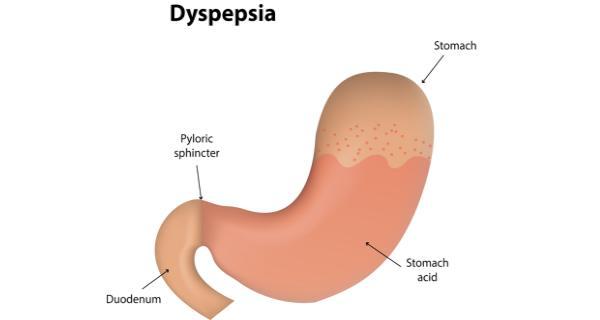Dyspepsia

Dyspepsia is a relapsing disease that affects the gastrointestinal tract. This condition can be controlled by taking a number of medications. Several drugs have been found to be effective in treating the symptoms of functional dyspepsia. These include proton pump inhibitors and acid inhibitors. Symptoms of functional dipsia are often characterized by a feeling of fullness after eating and an appetite that is usually satisfied after eating.
Medicines for functional dyspepsia can be very effective. Proton pump inhibitors such as omeprazole, esomeprazole, and lansoprazole suppress gastric acid secretion and may even play a role in the development of functional dyspepsia. These medicines are not recommended for people with severe or chronic dyspepsia.

Proton pump inhibitors suppress the production of gastric juice. The three most common types of proton pump inhibitors are omeprazole, esomeprazole, and lansoprazole. Some people with functional dyspepsia also take anti-inflammatory pain relievers and may find them ineffective. Your doctor can advise you on what type of medication to take. For more information on possible treatment options for dyspepsia, see motherandcare.in.th.
In the case of functional dyspepsia, it is often difficult to treat. Fortunately, there are medications that reduce the production of stomach acid. Although there is no cure for dyspepsia, the symptoms can be very uncomfortable. Fortunately, patients have hope. Evidence-based medications are currently available to relieve symptoms, and new treatments may be available in the future. With several new studies, the future of dyspepsia looks bright.
